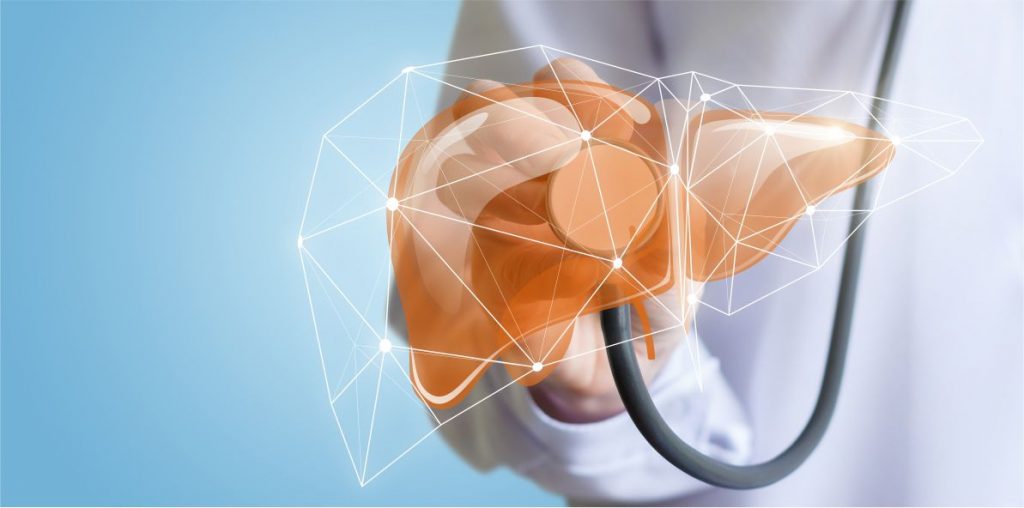Liver Transplatation
Alcohol and Liver
The liver can process only a specific amount of alcohol at one time. The capacity varies from person to person. It depends on factors like liver size, body mass index, and genetics. Increased consumption of alcohol than the capacity of the liver to metabolize leads to increased concentration of alcohol in the blood. A high level of blood alcohol concentration affects the brain and alters cognitive abilities.
How Alcohol affects the Liver?
Chronic alcoholism affects the liver as well. It destroys liver cells and causes cirrhosis or many other liver ailments that turn out to be fatal for the liver in the long run. After alcohol crosses the threshold limit, fat starts depositing around the liver, which triggers Alcoholic fatty liver diseases. Further accentuation of the problem can lead to Alcoholic Hepatitis in which there is acute liver inflammation resulting in cell death and accompanied by permanent scarring. Alcoholic cirrhosis is the last stage of liver damage in which there occur tissue destruction and irreversible scarring.
Signs of Liver damage
Damage to the liver from alcohol has no warning signs unless much of the liver has been affected. However, if a person consumes alcohol daily, he must monitor his health. If experiencing symptoms like weight loss, nausea, loss of appetite, fatigue, dark urine, one should consult an expert immediately. It could be the early signs of liver damage. Severe inflammation in the liver can lead to jaundice, traces of blood in vomit or stool, and fatal liver failure.
Healing of Liver
The liver tends to heal itself and repair the damage, although the extent of damage matters a lot in determining the healing rate of the liver. There is a need to control the consumption of alcohol. Taking medication can further help control the accentuation of liver disease. Fatty liver disease and alcoholic hepatitis are reversible if a person quits alcohol and gives time to the liver to heal. Cirrhosis, however, is irreversible but yes, quitting alcohol can help prevent its further progression






